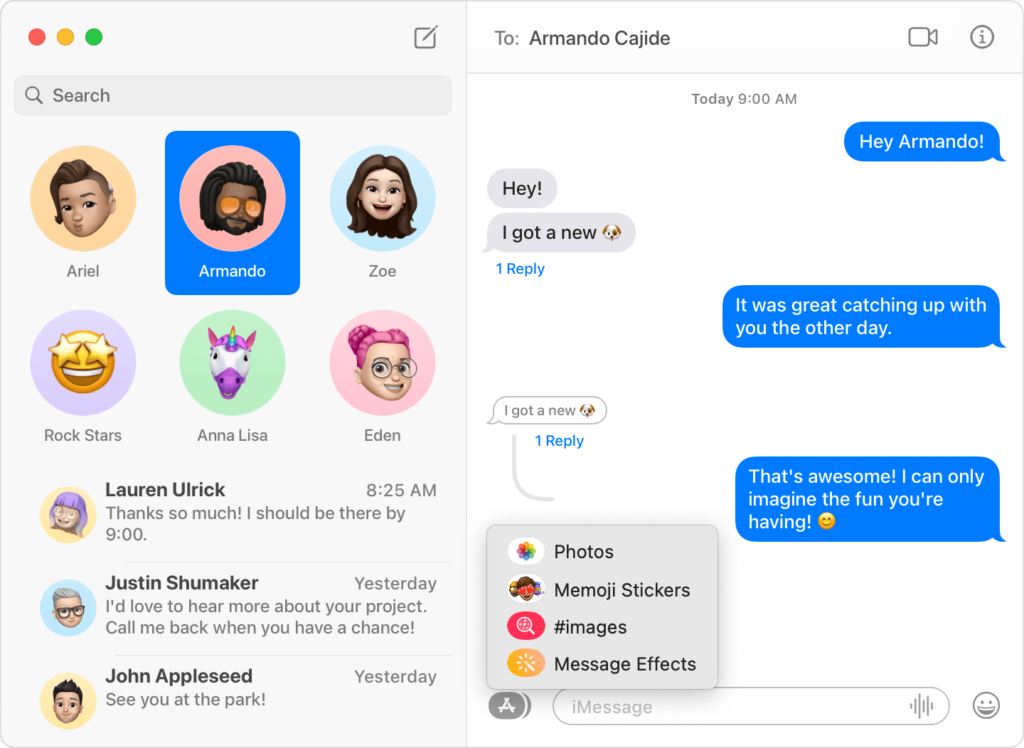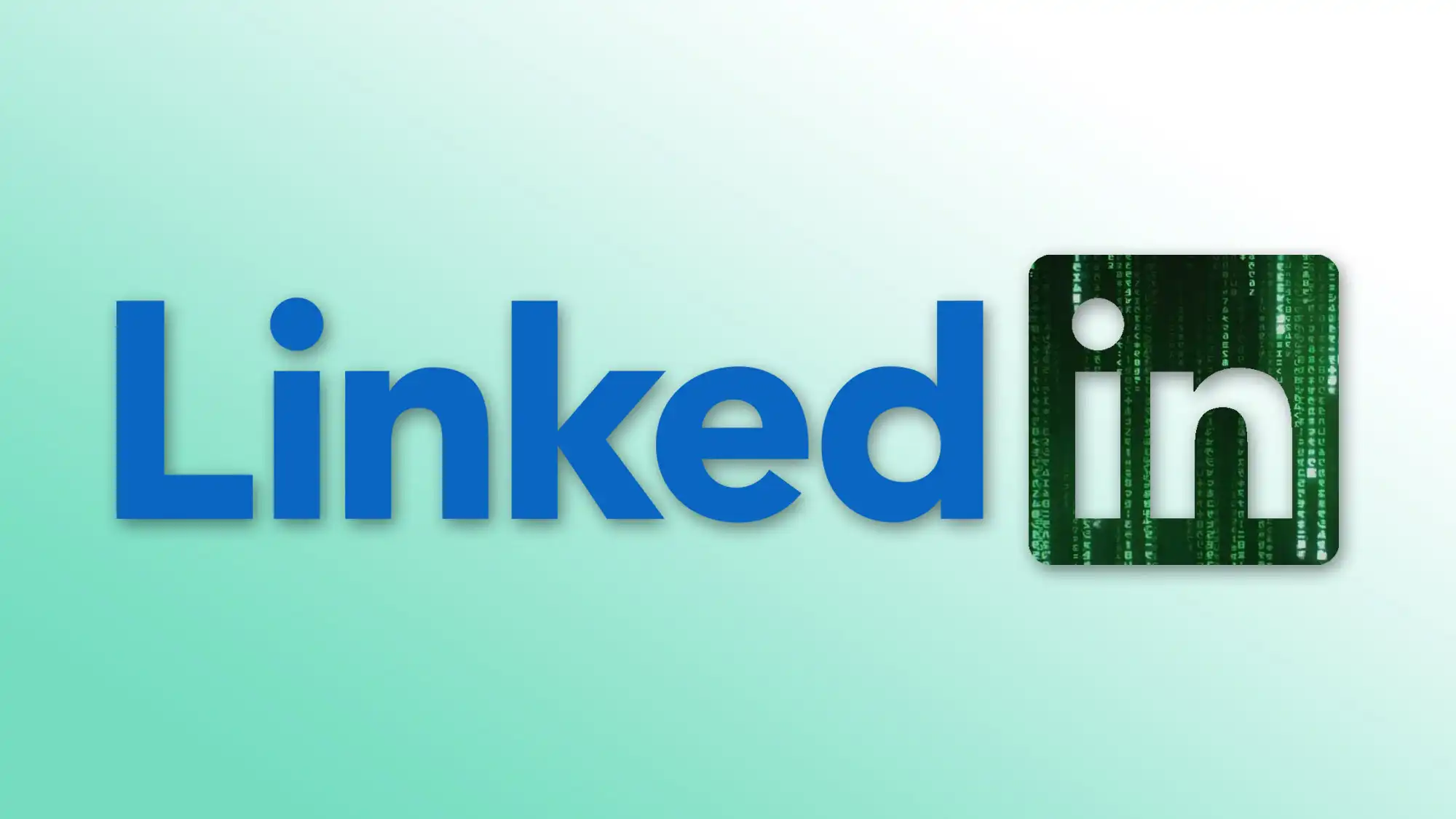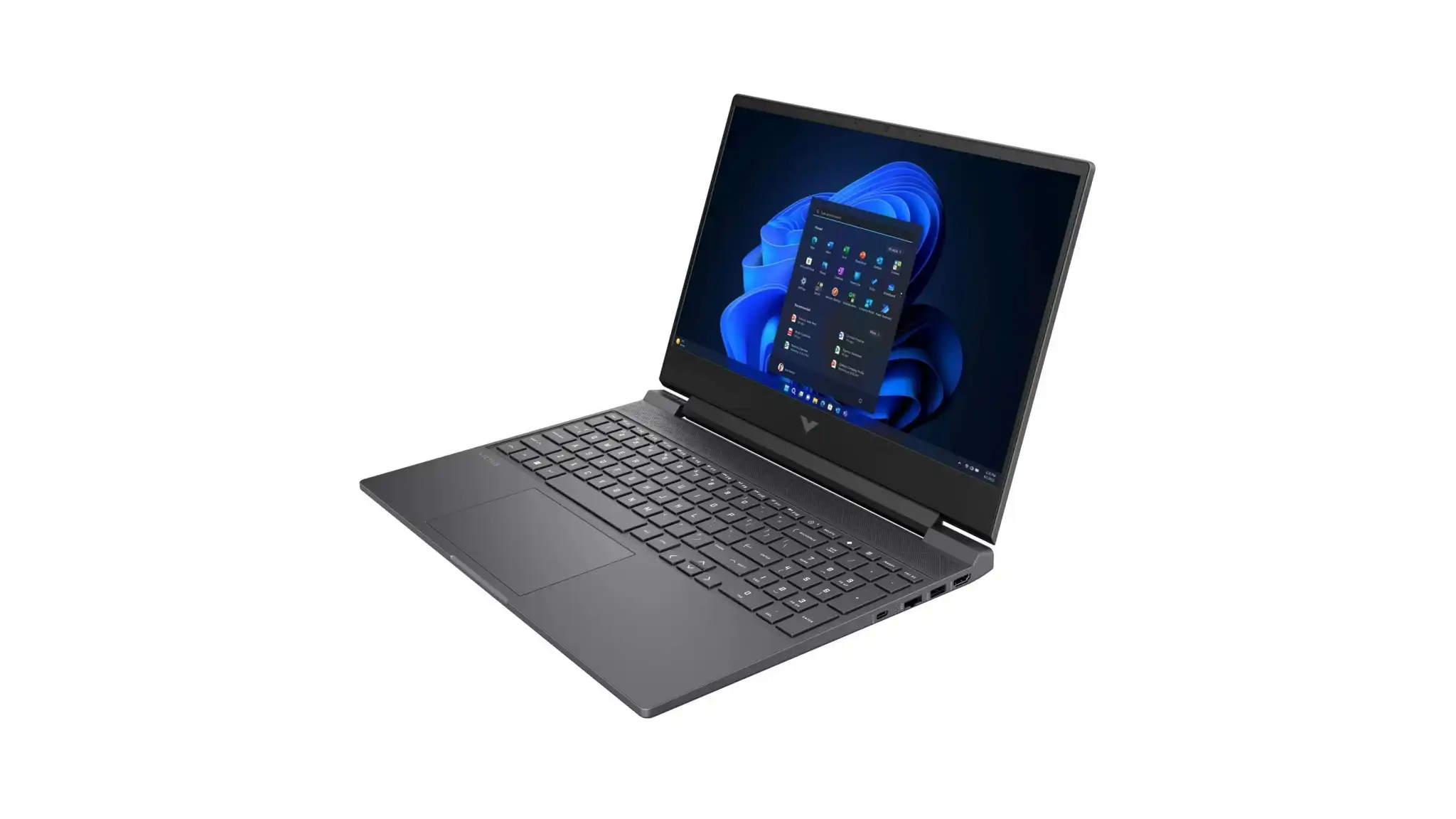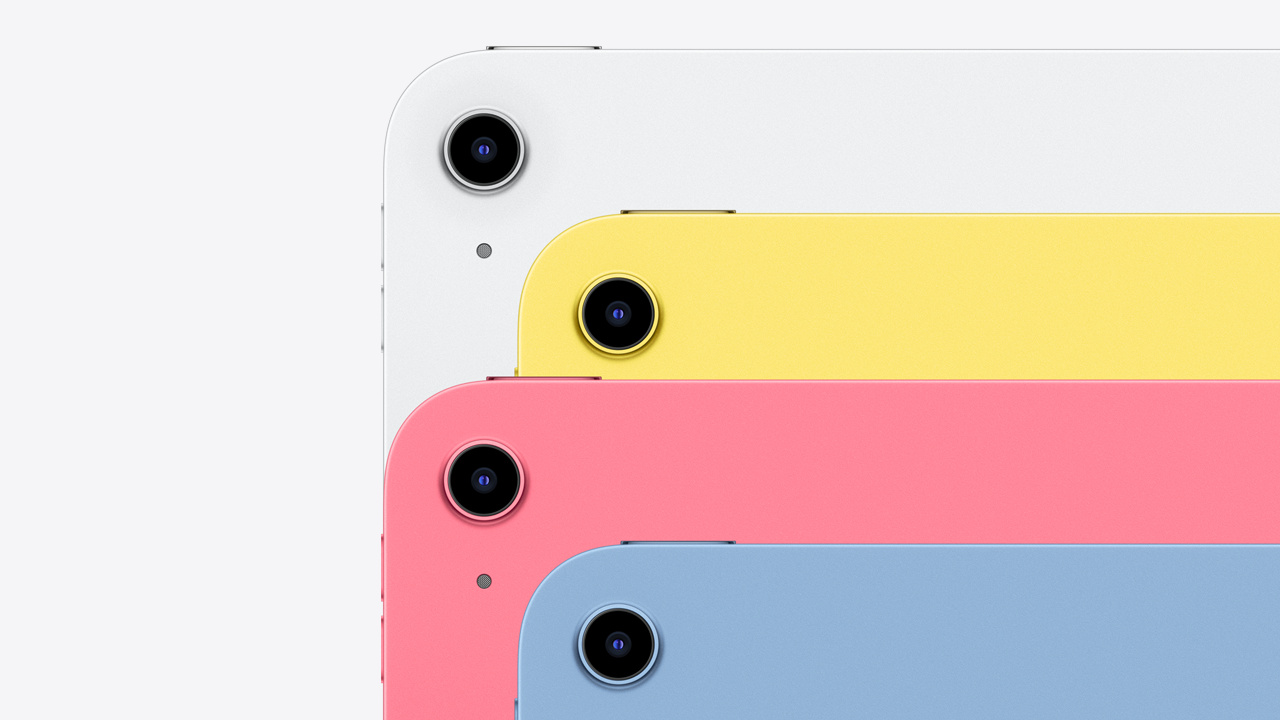
In a nostalgic throwback to 2003, Apple’s recent revelation echoes the ‘Hell froze over’ moment when iTunes made its debut on Windows, shattering exclusivity barriers. Fast forward two decades, and Apple seems to have frozen Hell over again, this time by announcing its iPhone’s upcoming support for the RCS texting standard. This move is poised to enhance the efficiency of text communication between iPhones and Android devices.
While the full scope of Apple’s RCS support remains uncertain, with the company emphasizing improved ‘interoperability’ compared to SMS and MMS, one thing is clear: RCS texting will coexist with Apple’s iMessage service. This implies that Apple will likely maintain a distinction between texts exchanged within its ecosystem and those sent to non-Apple devices like Android phones or basic phones. Notably, Apple has confirmed to 9to5Mac that, at the very least, green bubbles will still denote texts sent over RCS. While this maintains a technical differentiation between iPhone users and non-iPhone users, it may also perpetuate social stigma, particularly in countries like the US where iMessage holds substantial dominance.
It’s also likely that we will continue to see plenty of features remain exclusive to either Apple’s iMessage or Google’s own Messages app, even if both companies are going to agree to support the RCS standard. While RCS itself has more bandwidth to support features like typing indicators and high-quality photo sharing, how that will be displayed when sending texts between the iPhone and an Android phone is still very much in the air.
However there is room to celebrate. Apple adopting RCS is likely to lead to substantially more investment into the texting standard, especially when compared to antiquated SMS and MMS messages that have remained largely the same over the past 20 years. The Qi wireless charging standard, for instance, received a big boost when Apple started supporting it with the iPhone 8 and iPhone X, with Qi2 now set to bring faster magnetic wireless charging to future Android phones.




